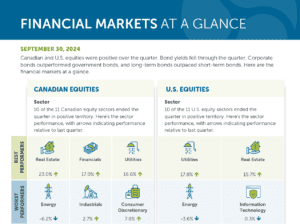Rising costs drive Canadians to rethink connectivity and content needs: EY survey
Online wellbeing and security are top of mind
Driven largely by mental health concerns associated with online exposure, over half of Canadian households feel governments and regulators should be doing more to combat harmful content and 41% agree that the internet should be very tightly regulated to restrict what people can access online.
At the same time, fears around data disclosure have been exacerbated, with 47% of households stating that they are more worried about the privacy of personal data now than they were before the pandemic.
“Concerns around price increases, in tandem with growing anxiety around online safety and data privacy, threaten to undermine the growing need for connectivity and content,” explains Puri. “Looking ahead, different types of service providers should collaborate to provide more safe and secure digital experiences for all ages.”
Pressure to provide seamless customer journeys
From speed and connectivity to customer support and digital experiences, one-third of consumers indicate complex and undifferentiated value propositions are a pain point for making effective provider choices. While more than half (53%) of Canadian consumers say introductory offers play a role in their supplier choices, 48% indicate that they make it difficult to determine who offers the best value for their money.
“Positive customer interactions are critical for service providers trying to compete for a share of the household wallet,” adds Puri. “Packages that are easier to interpret and understand, along with clearer value propositions and higher levels of service and support will help companies build long-term relationships with their customers.”
To learn more about the EY Decoding the Digital Home Study, click here.
About the study
The Decoding The Digital Home Study is conducted annually by the EY organization, to help organizations understand changing consumer attitudes toward technology, media and telecommunications experienced in the home – and the companies that provide these products and services. The insights from the online survey of more than 20,000 households are gathered from eight countries (Canada, France, Germany, Italy, Spain, Sweden, the UK and the US).






